Ants Control
Ant control involves managing and eliminating ant infestations by targeting both visible ants and their colonies. Common methods include removing food sources, sealing entry points, and using bait that ants carry back to the colony to kill the queen. Spraying insecticides can help with immediate control but may not solve the root problem. Natural remedies like diatomaceous earth and essential oils can also repel ants. For severe infestations, professional pest control may be necessary. Consistent monitoring ensures that the infestation doesn’t return.
Overview
Targeted services for ant elimination.
Description
We provide Ant Control by identifying the species and nesting sites, utilizing baits and barriers to ensure complete control and prevent further infestations.
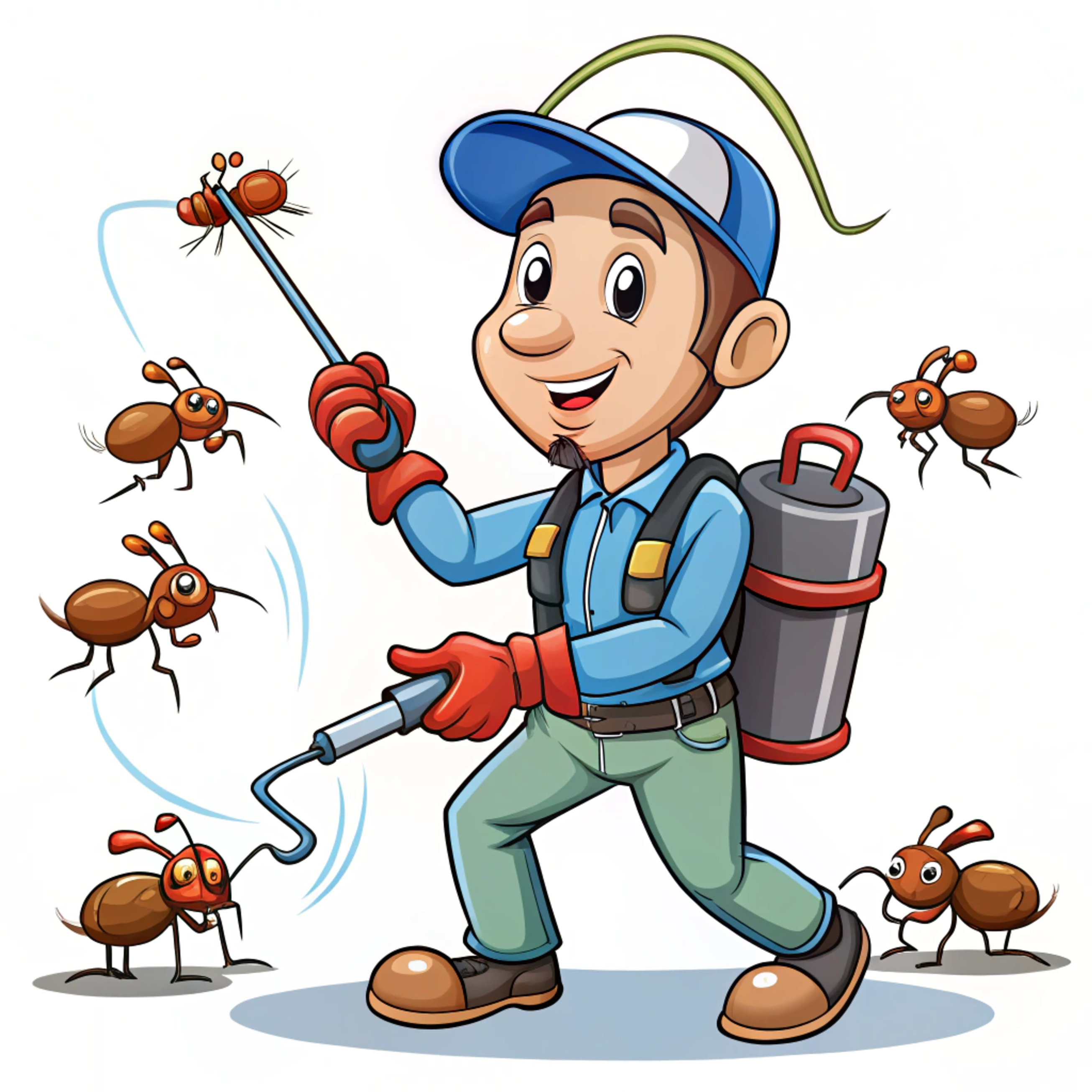
What is Ants?
Ants are small, social insects that live in colonies and work together to gather food, build nests, and protect their community. They communicate using chemicals called pheromones and are found worldwide. Ants play a key role in ecosystems, but some species can damage structures or deliver painful stings.
Types of Ants
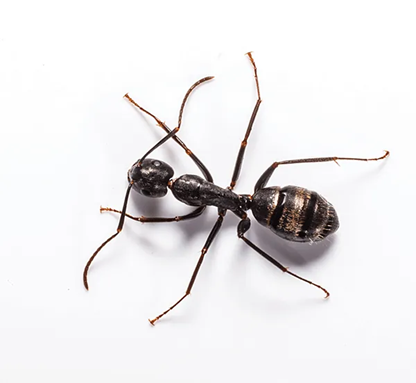
Carpenter Ants
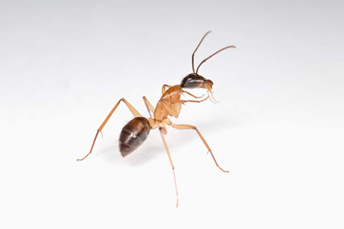
Sugar Ants

Fire Ants
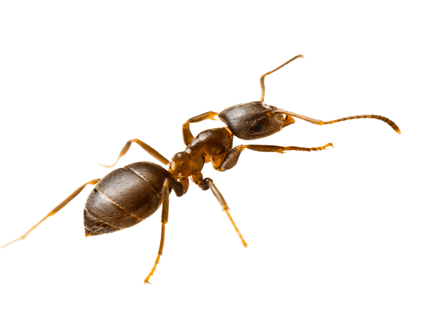
Odorous House Ants
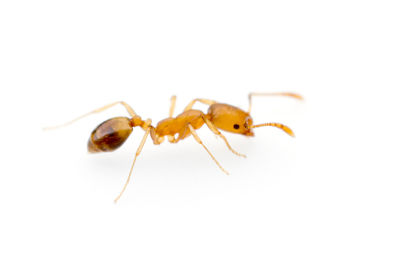
Pharaoh Ants
Argentine Ants
Ants Prevention and Control
To manage ant populations effectively:
- Seal Entry PointsClose gaps and holes in structures to prevent access.
- Proper Food Storage: Keep food sealed and clean up spills promptly to eliminate attractants.
- Professional Pest Control: Set traps in areas where you've noticed rodent activity. Options include snap traps, live traps, and electronic traps.
- Consider rodenticides: For severe infestations, seeking professional pest control services is recommended to ensure complete eradication of colonies.
Health and Environmental Impact
Ants can contribute to health hazards through bites, stings, and contamination of food supplies. Infestations can also lead to structural damage if species like carpenter ants are present, as they burrow into wood.
Frequently Asked Questions
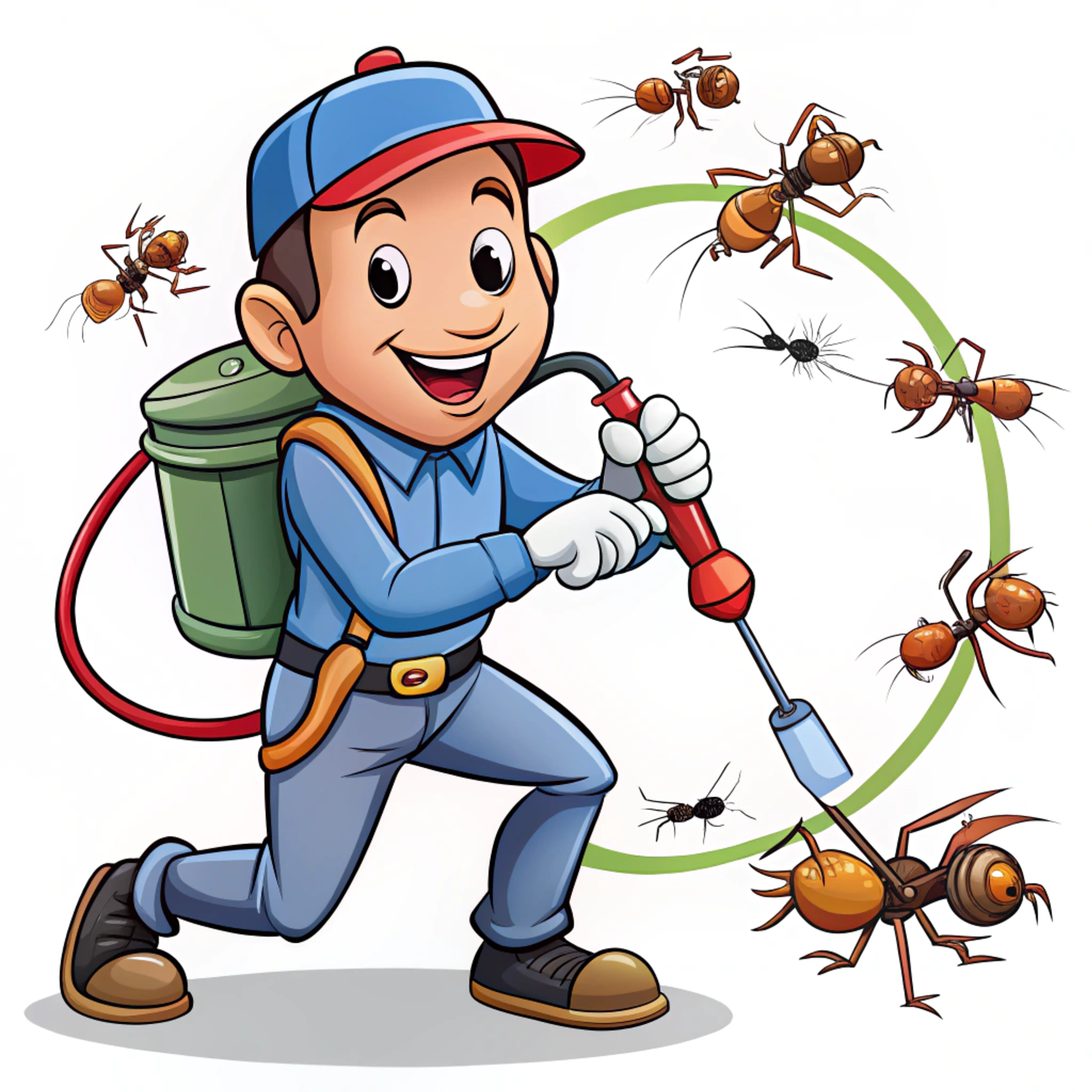
What types of ants are common household pests?
Common household ants include carpenter ants, sugar ants (or odorous house ants), fire ants, and pavement ants. Each species exhibits different behaviors and nesting preferences.
How can I identify an ant infestation in my home?
Signs of an ant infestation include seeing ants indoors, finding ant trails, discovering nests near foundations or in walls, and noticing small piles of wood shavings (for carpenter ants).
What attracts ants to my home?
Ants are typically attracted to food sources, moisture, and shelter. Sugary foods, crumbs, pet food, and spills can draw them inside, as well as areas with excess moisture.
What are the most effective methods for ant control?
Effective ant control methods include eliminating food sources, sealing entry points, using bait traps, and applying insecticides if necessary. Professional pest control services can provide targeted treatments.
Are DIY ant control methods effective?
DIY methods can provide temporary relief but may not address the root of the problem. For persistent infestations, professional pest control services often yield more durable and long-term results.

